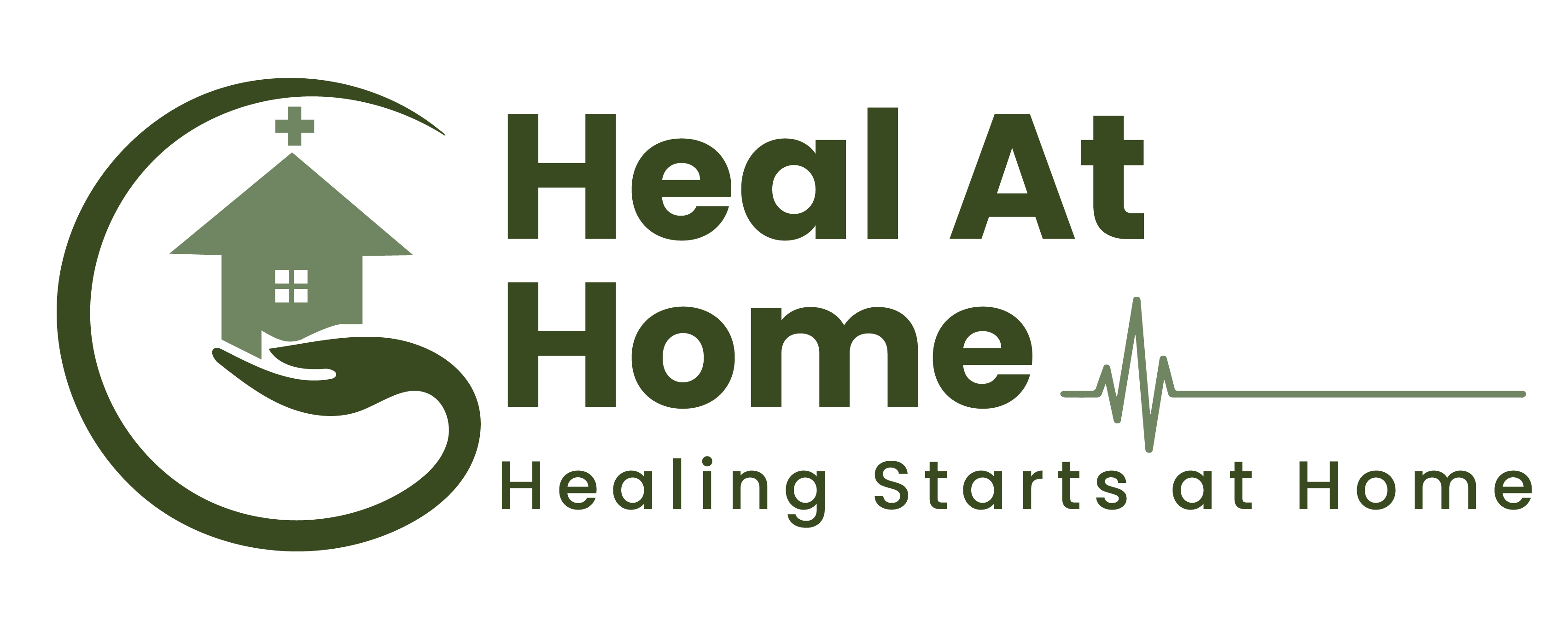October is Breast Cancer Awareness Month, a time dedicated to raising awareness and supporting those affected by this disease. As part of this awareness campaign, it’s important to highlight the vital role that medical equipment can play in the recovery process following breast cancer surgery and in the journey towards being cancer-free.

Medical Equipment for Breast Cancer Recovery
- Compression Garments: These garments are essential for managing lymphedema, a common side effect of breast cancer treatment that can cause swelling in the affected arm or area. Compression garments help reduce swelling and discomfort, improving mobility and quality of life.
- Pain Management Devices: Pain can be a significant challenge during breast cancer recovery. Devices like hot and cold therapy packs, TENS units,
- to promote healing.
- Mobility Aids: For patients who may experience limited mobility after surgery, assistive devices such as walkers, canes, or wheelchairs can help them maintain independence and participate in daily activities.
- Exercise Equipment: Regular physical activity can aid in recovery and improve overall well-being. Home exercise equipment, such as resistance bands, dumbbells, or yoga mats, can help patients stay active and regain strength.

Beyond Medical Equipment
While medical equipment is essential, it’s important to remember that a comprehensive recovery plan also includes:
- Regular check-ups: Following surgery, regular follow-up appointments with healthcare providers are crucial for monitoring progress and addressing any concerns.
- Healthy lifestyle: A balanced diet, adequate sleep, and stress management techniques can support overall health and recovery.
- Emotional support: Connecting with support groups or counseling can help patients cope with the emotional challenges associated with breast cancer.
- Mindfulness and relaxation techniques: Practices like meditation, deep breathing, and yoga can help reduce stress and promote overall well-being.
- Supportive environment: Creating a supportive environment, whether at home or in the community, can make a significant difference in the recovery process.

Additional Considerations
- Insurance Coverage: It’s important to check with your insurance provider to understand what medical equipment is covered under your plan. Some insurance companies may require pre-authorization for certain items. We can help educate you on what is covered and what is not through your insurance company. A lot of times insurance companies will say they cover anything you want or need but that is actually not true. So we are here to help you clarify so you are not out of pocket any additional costs.
- Accessibility: Ensure that your home is accessible to accommodate any mobility aids or equipment you may need. This may involve making modifications to your living space, such as installing ramps or removing obstacles.
- Professional Guidance: Consult with your healthcare team—whether in person or through a telehealth appointment—to determine the most appropriate medical equipment for your specific needs and recovery goals. They can provide personalized recommendations based on your circumstances.
Remember, you are not alone. Breast Cancer Awareness Month is a time to connect, support, and celebrate the strength and resilience of those affected by this disease.

Additional Tips for Breast Cancer Survivors:
- Set realistic goals: Break down your recovery goals into smaller, achievable steps to stay motivated.
- Listen to your body: Pay attention to your body’s signals and adjust your activities accordingly.
- Celebrate small victories: Acknowledge your progress and celebrate each milestone, no matter how small.
- Seek support: Don’t hesitate to reach out to friends, family, or support groups for emotional support.
- Stay positive: A positive outlook can have a significant impact on your recovery journey.
- Consider complementary therapies: Some breast cancer survivors may find relief through complementary therapies such as acupuncture, massage, or physical therapy. Consult with your healthcare provider before trying any new treatments.
- Prioritize self-care: Take time for yourself to relax and recharge. This could involve activities such as reading, taking a bath, or spending time in nature.
- Join a support group: Connecting with others who have experienced breast cancer can provide valuable support and understanding.
- Focus on the positive: While the journey may be challenging, try to focus on the positive aspects of your life and the progress you’re making.
Be patient: Recovery takes time, and it’s important to be patient with yourself.

By following these tips and utilizing the appropriate medical equipment, breast cancer survivors can increase their chances of a successful recovery and a brighter future.
This post contains affiliate links, which means I may earn a small commission at no additional cost to you if you purchase through these links. Thank you for supporting my work! If you would like to learn how to earn extra money through affiliate links click here.

